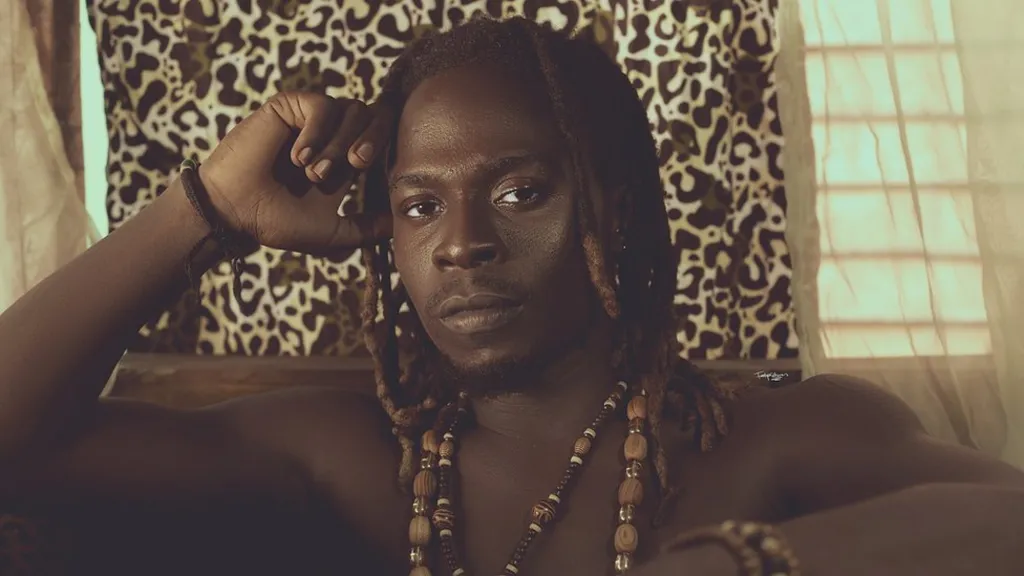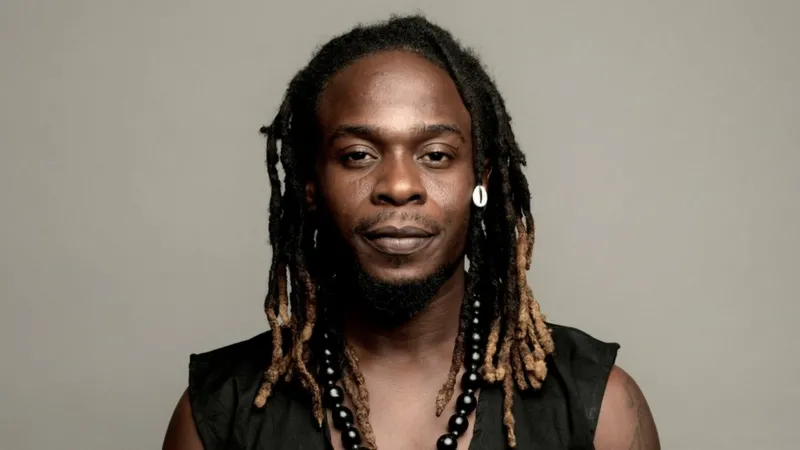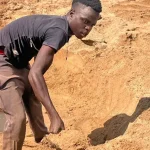Mbolé-pop star Mr Leo’s next musical mission is to break through to English-speaking audiences – and he hopes his new album will do the trick.
The singer-songwriter from Cameroon has been wooing French-speaking West Africa and the diaspora with his melodious love songs and infectious dance tunes since 2015.
Born Fonyuy Leonard Nsohburinka, Mr Leo shot to fame with E Go Betta. That first single was one of the biggest tunes on radio and TV in 2015 – in and out of Cameroon.
He fuses Afrobeats with the country’s home-grown mbolé music, a blend of the rhythms and sounds of Cameroon like makoosa.
He’s won multiple awards – and in 2021 he was selected to be part of the musicians who cast votes for the prestigious Grammys.
Mr Leo’s path into music wasn’t straightforward. As a schoolboy, he joined the school choir – only because that was the only way to spend time with a girl he liked. His father, a stern military man, blocked his path because he wanted his son to be a medical doctor.
But “music chose me”, says Mr Leo.
“Each time I sang, it got me into a place where I really enjoyed myself. I created a world that I could fully control – without my father telling me exactly what to do – and I could just be myself,” he says.

His third, 14-track album, Good Vibes drops in March – and as its title suggests it is full of positive lyrics and uplifting melodies. He sings in English, French and Lamso.
“I’m all about the One Love spirit, being there when people need and bringing out positivity,” he says.
“I just feel like if this is a gospel that people really preach around the world, it will change something, – because everyone is going through a lot of trying times.”
His music and musical growth has been influenced by the conflict in Cameroon. Since 2017, Cameroon’s mainly English-speaking north-west and south-west regions have seen a guerrilla war between government forces and insurgents fighting for the independence of the region they call Ambazonia.
Mr Leo has been personally affected – like hundreds of thousands other people, he’s been displaced and had to move from his hometown of Buea to the main town of Douala. And many of his friends and acquaintances have been killed.
“It makes me value my time more and it makes me want to do something as an artist,” he says.
“We’re not politicians, we don’t have seats in power – but we do have the power of our voice and the least I can do is use my voice to talk through one or two of my songs.”














